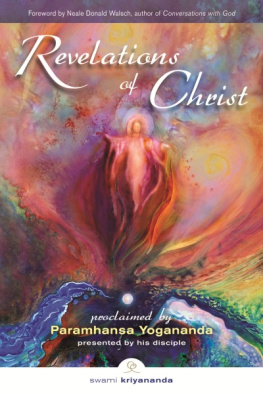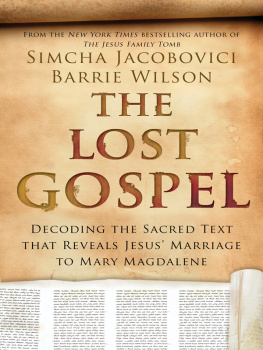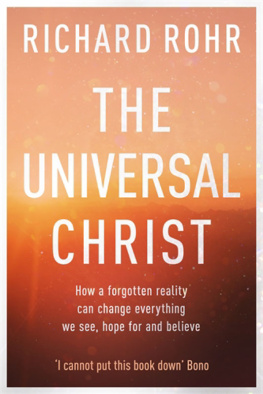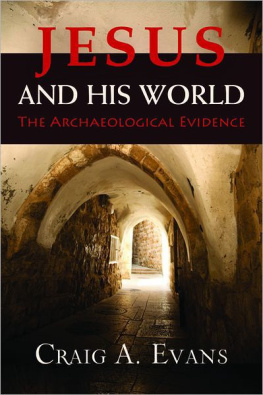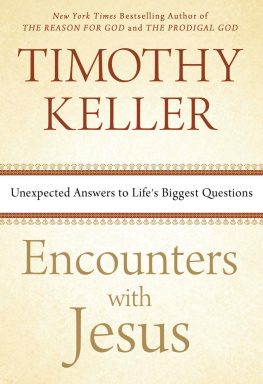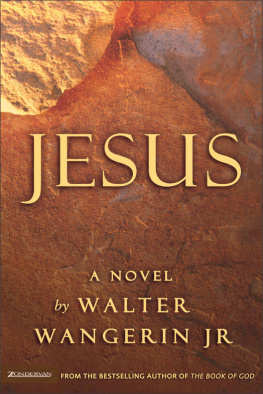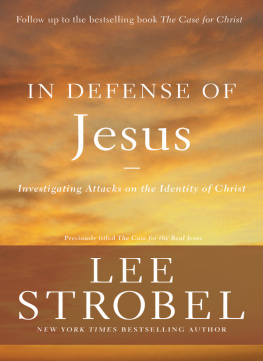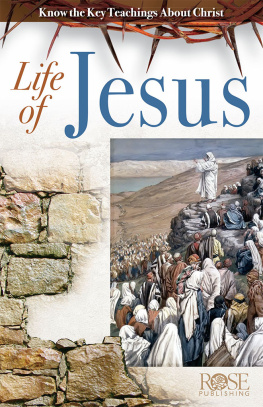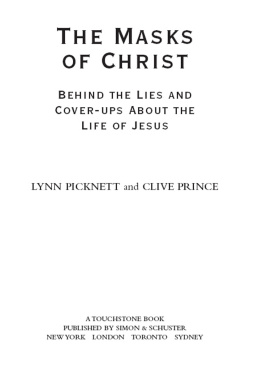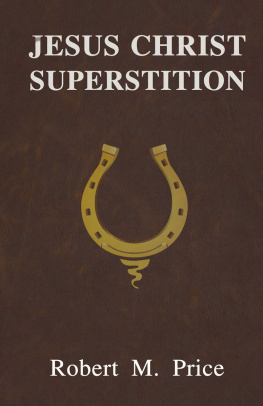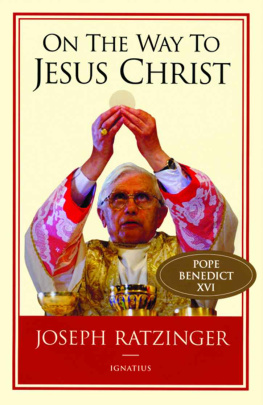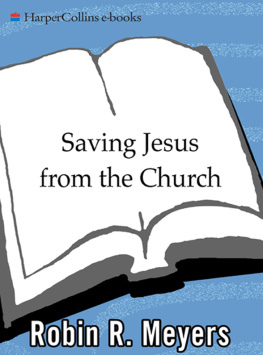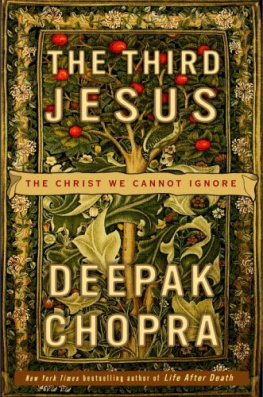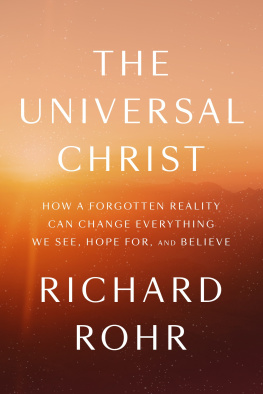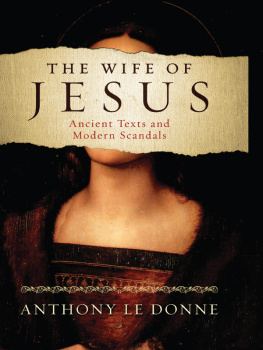Something truly wonderful has happened. There has been given to humanity a great gift. It is a spiritual treasure to cherish deep in the heart, and to pass on to children for generations. I am speaking of the extraordinary book, Revelations of Christ: Proclaimed by Paramhansa Yogananda , presented by his disciple, Swami Kriyananda.
For longer than any of us can remember, the words and teachings of the great Master, Jesus, have been guiding lives upon the earth. Yet those words and those teachings have in too many cases been interpreted and understood in ways that may have distorted, however inadvertently, their original meaning. Because the Messages of Jesus are so profoundly important, it is essential that they be embraced with only the deepest love for, and loyalty to, God and truth, not any institution or religious tradition. For spiritual truth lies outside of institutions and traditions and can only reside within the fullness of a human heart that is united with the soul in the purest yearning for the bliss of truly knowing the Divine.
The sadness of some religious institutions and traditions is that, sincerely motivated though they surely are, often their own inner political maneuverings and mechanical workings stand in the way of simple, true, and uncompromised religious experience and spiritual knowledge. Now this remarkable and magnificent new book by Swami Kriyananda glides us gently past those maneuverings and workings, bringing us to the doorway of a deeper, richer embracing of Eternal Truth. In a text that is at once crystal clear and wonderfully insightful, we are invited to move through that doorway into a place of gloriously larger views of Jesus and God and of Life Itself than many of us have ever been blessed to behold.
My heart pounded with soft excitement as I turned each new page, and now it sings with praise and gratitude to Swami for this astonishing gift to the soul. I believe with all my being that these are the words of Jesus as they were meant to be relayed and understood. I am humbled to have been touched by this sacred energy.
Without adequate words to express my thanks, I am...
Introduction
How is one to understand the life and teachings of the great master Jesus, whose title the Christ meant the anointed of God? Tradition offers us two approaches: one, the authority of the Church; the other, that of historical analysis, which Christian scholars lately have been applying to certain recently discovered texts.
There is another approach, less widely known but more reliable than any other: It is to study the writings and sayings of, or better still to live with and study under, saints who have communed directly, in deep states of ecstasy, with Christ and God. Such persons are true spiritual masters. They have lived in every country, and have belonged to every religion and every social level. They have taught the Truth from their own deep realization. When theyve been free to speak out, their impact has been widespread and profound. Often, unfortunately, freedom of speech has been denied them; theyve had to submit to the control of religious superiors, who considered their own authority a supreme right bestowed on them by God.
All true saintsthose, in other words, who have reached the highest spiritual attainmentshave endorsed the teachings of Jesus Christ either directly or indirectly, by stating the same truth similarly. Christian saints want to support their Church, and usually consider it their duty to sow seeds of harmony, not of dissension. There have been times in history, on the other hand, when a saint was divinely commissioned to correct one or more serious errors.
The difficulty saints have endured under church authority has been dueunderstandably, but at the same time unfortunatelyto officials who were administrators but were rarely, if ever, themselves saints. Such authorities have insisted that their approval was needed before anyoneparticularly anyone of meritcould preach spiritual truth. The very fact of any Christians being also saints has been perceived, at least during their lifetimes, as a threat to institutional authority. For what the authorities want first of all to ascertain is whether some saintly upstart is preaching truth or heresy.
Saint Francis of Assisi, whose sanctity was certainly due to his own deep love for God and to his deep, inner communion with Him, has been acclaimed by the Catholic Church as a true son of the Church, which takes credit for his holiness and attributes it to the saints humble obedience to Church authority.
Any saint in Christian history who ever spoke, or even hinted at, truths that werent sanctioned by the Church was punished and, in many cases, excommunicated. An example of an excommunicant was Meister Eckhart in Germany, who (fortunately for him) died before notice of his punishment could reach him.
Saint Joseph of Cupertino, to whom even crowned heads in Europe came for inspiration and blessings, was orthodox in everything he said and did. He repeatedly, however, performed the miracle of levitation, an act which embarrassed his less-than-saintly superiors. After fifteen years of virtual incarceration in an apartment of the Basilica in Assisi, he was carted off in the dead of nightnot once, but repeatedly whenever his whereabouts became publicly knownto a succession of small, distant monasteries.
A Claretian monk of my acquaintance in Los Angeles, California, developed a reputation for bilocation (appearing in more than one place at a time). He was quietly transferred to a distant house of the same Order in Spain. Catholics themselves describe this practice of quiet removal as sending one to prison.
Therese Neumann, the great Catholic stigmatist in Bavaria, Germany, was prohibited for a time by her bishop from even seeing people.
And Padre Pio, in southern Italy, was also for a time forbidden from performing mass in his capacity of priest. Regarding this saint, an Italian friend of mine in Rome once visited him, and, during his confession, stated that he practiced Kriya Yoga (a meditation technique brought to the West by my great Guru, Paramhansa Yogananda).
Oh, hush! the saint warned hastily. You mustnt speak of these things. Then he added, But you are doing the right thing.
There are two major disadvantages to having a church as the supreme authority. The first is that the churches are committednecessarily soto giving priority to their own supremacy as Christs representatives. Therefore they cannot be objective concerning any concept they perceive as a threat to that supremacy.
The second disadvantage follows from the first: Church authority, if too firmly exercised, reduces religious teachings to a faint echo of the divine truths it proclaims. Water cannot flow higher than its source. When religious institutions appoint themselves as the only source of truththough in fact, such truths as they utter can only flow through themthey block that flow. Of course, they never state that they are that source; all of them claim to be representing Christs Truth. Nevertheless, the teachings they promulgate wane in power from a mighty waterfall to a gurgle.

